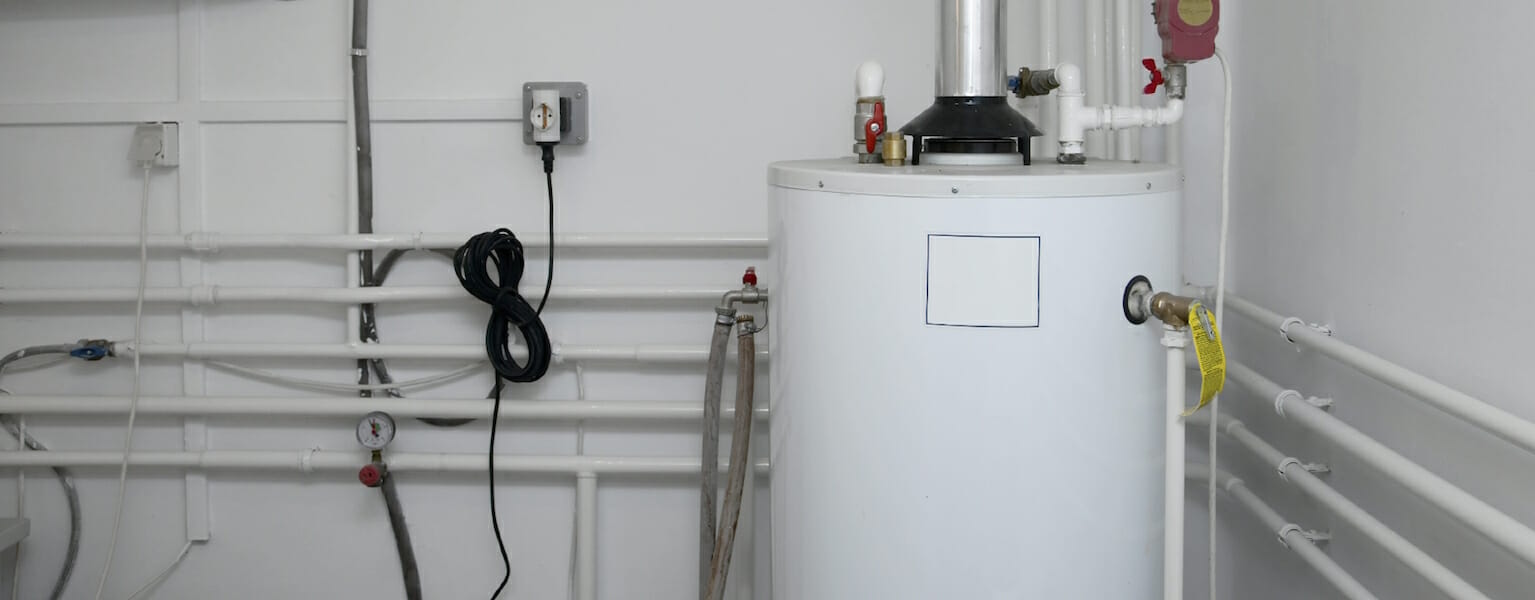We all had it drilled into our heads as kids: Better safe than sorry! Whether it was through fire drills or being told to wear a helmet when riding my bike, hearing this phrase is amongst my earliest memories. It may sound elementary, but it’s still true. And the same goes for your property. Having property emergency preparedness plans in place will help mitigate damage and protect the safety of your tenants in case of an unexpected event.
What kind of plans do I need?
You will need to have a plan on hand in the event of fires, floods, earthquakes, and other unforeseen emergencies that may potentially apply to your region. Tenants need to know not only how to evacuate the building, but also what to do in cases where they must remain in the building as a disastrous event occurs (such as an earthquake).
In addition to outlining what residents should do in case of emergency, you will also need a solid plan of action for yourself and/or other responsible parties. Know what tasks must be performed and who is responsible for completing them.
How do I create emergency plans for my property?
Your insurance agent, local fire department, local police department, and Red Cross may all have resources that can help you formulate your own emergency preparedness program. Additionally, professional property management associations, networking groups, or colleagues may be able to provide guidance.
With that in mind, following are some items every emergency preparedness plan should cover:
- Know how 911 is notified in case of emergency—you may well have detection systems (such as fire alarms) that will trigger this but, if not, know who is responsible for contacting 911 and how to best ensure such calls are placed as quickly as possible.
- Clearly mark all emergency exits and fire-safe stairwells; if your property is large, place diagrams where tenants can clearly find them (such as near elevators).
- Make sure fire extinguishers are strategically placed throughout the property and are clearly visible. (Also be sure they are checked on at least an annual basis—your local fire department should be able to help with this.)
- Have explicit, easy-to-read instructions about how a fire extinguisher should be used clearly displayed next to extinguishers.
- In case of a fire, make sure tenants know to close all doors behind them to stop the fire from spreading and not to use elevators.
- Consider designating a fire warden on the property to account for all tenants and make sure necessary actions are taken (if a landlord does not live on the premises, these duties can potentially be designated to a responsible tenant).
- Identify “safe spots” (such as doorways) in case of an earthquake and disseminate this information to tenants (more on that in the following section).
- Make sure you are aware of any residents who may have difficulty evacuating, such as the elderly or handicapped.
- Suggest that residents with pets place decals indicating they have a pet on unit doors or windows so that emergency services know to look for pets should a rescue be necessary. Such stickers can be found at your local SPCA, fire department, alarm company, or online.
- Make sure all tenants have emergency numbers on-hand to reference. This should include the fire department, police department (a general non-emergency number for cases when 911 is not necessary), poison control, and a property management company number that can be used during off-business hours.
Additionally, you and other responsible parties should know:
- How to shut off water, gas, and electricity
- What to do in case of power failure (garage doors, elevators, etc.)
How do I spread the word to tenants?
Provide all tenants with pertinent emergency preparedness information upon move-in when all other paperwork is distributed. In addition to this, you will also want to update them in writing on an as-necessary basis when information changes. It may also be worth re-distributing this information on an annual basis to make sure it doesn’t get lost in the shuffle as time goes on.
Of course, we all hope that none of these plans will ever have to be put into action. But for your own and your tenants’ best interest, it’s vital to know exactly what to do … just in case.
Read more on Maintenance

